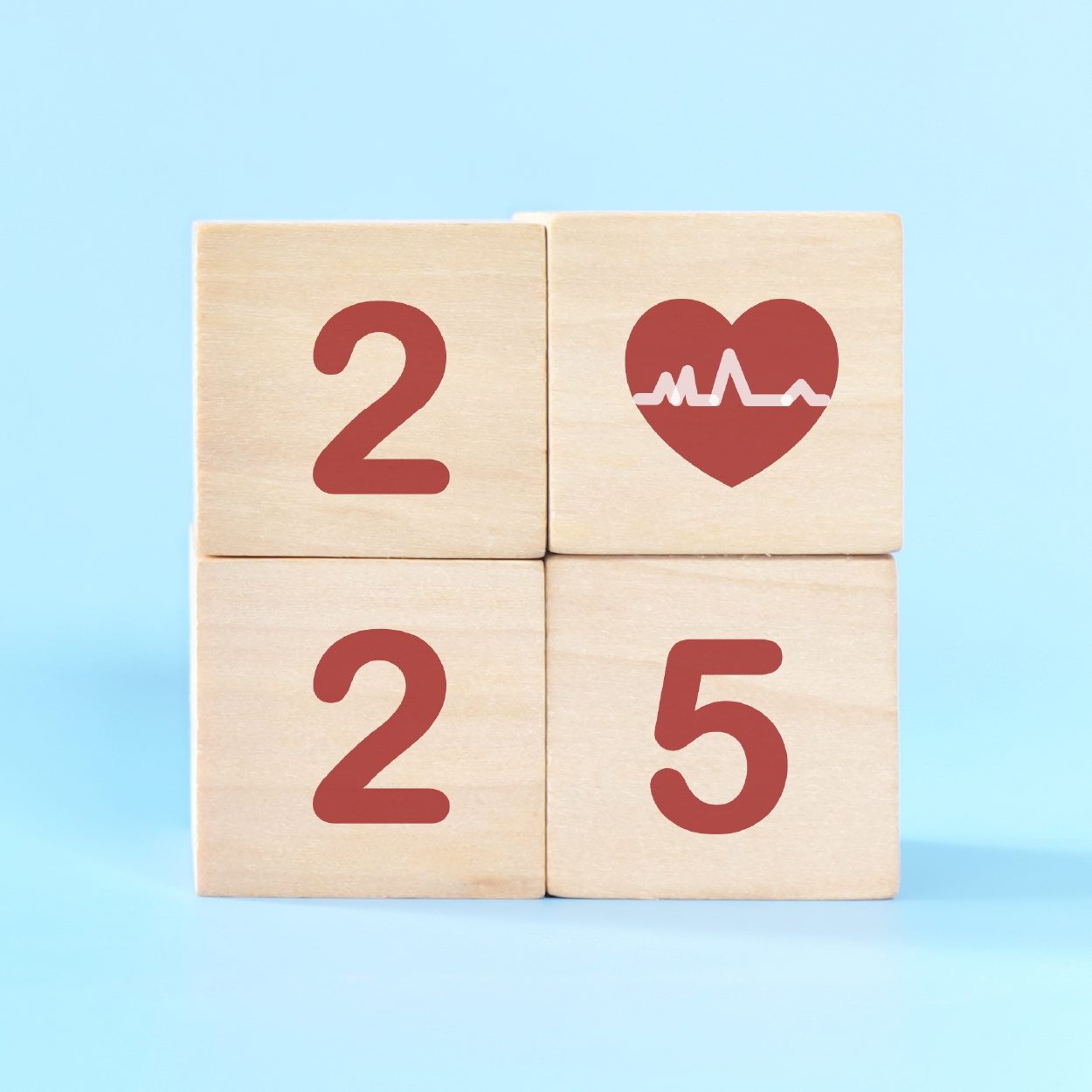When managing your type 2 diabetes, lifestyle changes are key.
With the surging popularity of weight loss mediations such as Ozempic, Wegovy, and Mounjaro, to name a few, adults with obesity and diabetes are feeling optimistic about weight loss. To be sure, these medications have helped thousands of adults with obesity and diabetes, but they should not be the only tool in your weight loss tool belt, especially if you’d like that belt size to shrink in size and stay that way.
Passive approaches to weight loss, like those represented by weekly injectable weight loss medications or a daily pill, are not, on their own, likely to be sustainable long-term. Long-term weight loss requires active strategies such as changes to eating habits and activity levels.
Medications are useful when symptoms need to be managed. For example, medications such as metformin and insulin (which are used to treat diabetes), don’t address the underlying cause of diabetes for patients. Ozempic, Wegovy, and Mounjaro help patients lose weight, but they don’t address the underlying cause of unwanted weight gain. Weight gain and diabetes are connected, and they are complex diseases with multiple underlying causes that include genetics, age, gender, environmental factors, behavior, or hormonal imbalances. Adopting a more wholistic approach to weight loss can yield sustainable, long-term results.
The Value of a Multidimensional Approach to Weight Loss
The Importance of Diet: Eating a nutritionally balanced diet comprised of fruit, vegetables, lean proteins, and whole grains will promote weight loss and help stabilize blood sugar. A nutritionally dense diet includes fresh fruits like apples, bananas, berries; fresh vegetables like spinach, kale, broccoli, asparagus, legumes; lean proteins like white meat poultry, salmon, pork, and lean cuts of beef; and whole grains like quinoa, barley, or oats. Limiting or removing processed and ultra-processed food, sugary beverages, and foods high in fat is a crucial step.
Processed and Ultra-Processed Food: These foods have been linked to insulin resistance, unwanted weight gain, and an increased risk of developing type 2 diabetes. Processed foods include food that has added fats, sugars, salt, and/or oil to help preserve it and make it taste better. Examples of processed foods include bread, pickled or cured meat, and vegetables and animal foods that have been preserved with brine, syrup, or oil. Ultra-processed foods include foods that have been significantly altered and have very little, if any, real food intact. These foods include additives and have been extruded or molded to look like food. Examples of these foods include fast food, cookies, sugary drinks, candies — all the foods that taste good but are void of any nutritional value.
The Importance of Exercise: Adding some form of regular activity to your daily routine will help build cardiovascular stamina and muscle mass. For improving cardiovascular health, find activities you enjoy like walking, riding your bike, swimming, hiking, yoga, Pilates, or taking a class at your local gym or community center. Start at a pace that is right for you and set your goal for 150 minutes of moderate activity each week. To build and maintain muscle, include weight training or resistance training. Muscle is metabolically active, so the more muscle mass you have, the more calories you will burn, even at rest.
The Importance of Modifying Behavior: Lifestyle changes can be challenging to implement and maintain, so don’t be afraid to start slow. Instead of going from zero to 60, start by changing what you eat for breakfast. Instead of eating a donut or a muffin, eat some oatmeal or a low-sugar, high-protein Greek yogurt, or eggs. Once you build a healthy eating pattern for breakfast, change your eating patterns around lunch and then dinner. Plan your meals in advance and be sure to have healthy snacks available and accessible. To become more active, get your workout clothes ready the night before. Put them on your nightstand or in the bathroom. If you joined a gym, pack your gym bag the night before and put your bag in the car before bed. Phone a friend and plan to go for a walk or bike ride a couple times per week. You could also talk with a counselor or your health care provider about specific changes you can make to your day-to-day routine and to explore what might be behind any struggles you may have experienced with healthy eating and adding exercise to your daily routine.
The Importance of Social Support: When you are incorporating lifestyle changes into your weight loss plan, be sure to tell your family and friends. Social support is an important and sometimes overlooked aspect of weight loss. Your social network can help you to be accountable for eating healthy and exercising. They can help you stay focused on your weight loss goals and provide emotional support. A weight loss journey can be fraught with ups and downs, so lean on your support system to help you through the times when you may experience a setback. If you have a setback, don’t beat yourself up. Practice self-compassion. We can’t be perfect all the time.
The Importance of Understanding the Limitations of Weight Loss Medications: While weight loss medications can help, they are not sustainable, long-term solutions. Once stopping them, regaining weight is common, so it is important to establish lifestyle changes to combat and minimize weight regain. Like many medications, these medications have side effects, primarily GI side effects, that some patients may not be able to tolerate. (We recommend Biocare® to help minimize side effects from GLP-1 medications.) There is also limited information about their long-term use and their safety over extended periods of time, and for some patients, these medications may be cost prohibitive.
Obesity is complex, chronic health condition and its treatment demands a multiprong approach. There is no one single cause for obesity, nor is there one single way to manage it. There are genetic, gender, environmental, hormonal, and behavior factors at play, and each needs to be considered as you decide which weight loss strategy is best for you. It is important to work with your health care provider to develop a plan best meets your needs and goals.
As you begin your weight loss journey, talk with your health care provider, and explore which options are best for you, your overall health, and your weight loss goals. Anti-obesity medications can help, but they are only one piece of weight loss strategy. To increase your chances of long-term, sustainable weight loss, weight loss medications should be used in conjunction with lifestyle changes.
Before starting any change in diet or exercise program be sure to consult with your health care provider to determine the changes that are best for you.
About the Author: Dr. Dawn M. Sweet has over 20 years of experience in the field of communication. Sweet has given several invited talks to and workshops for academic and private sector audiences on the role of nonverbal and verbal communication in achieving positive outcomes and mitigating bias. Her research has been published in several top ranked peer-review journals, and it has been featured on NPR’s River to River / All Things Considered, Buzzfeed, and Science Daily. Her research has also been used to inform expert testimony.
The information provided on this platform is intended for informational purposes only. It is not a substitute for professional medical advice, diagnosis, or treatment. Always seek the advice of your physician or other qualified health provider with any questions you may have regarding a medical condition. Never disregard professional medical advice or delay in seeking it because of something you have read on this platform. Furthermore, the information provided here has not been reviewed or approved by a health care professional. Any reliance you place on such information is strictly at your own risk. We do not endorse or guarantee the accuracy, completeness, or usefulness of any information provided. It’s important to consult with a qualified health care professional before making any changes to your diet, exercise, medication, or treatment regimen. Reliance on any information provided on this platform is solely at your own risk.





